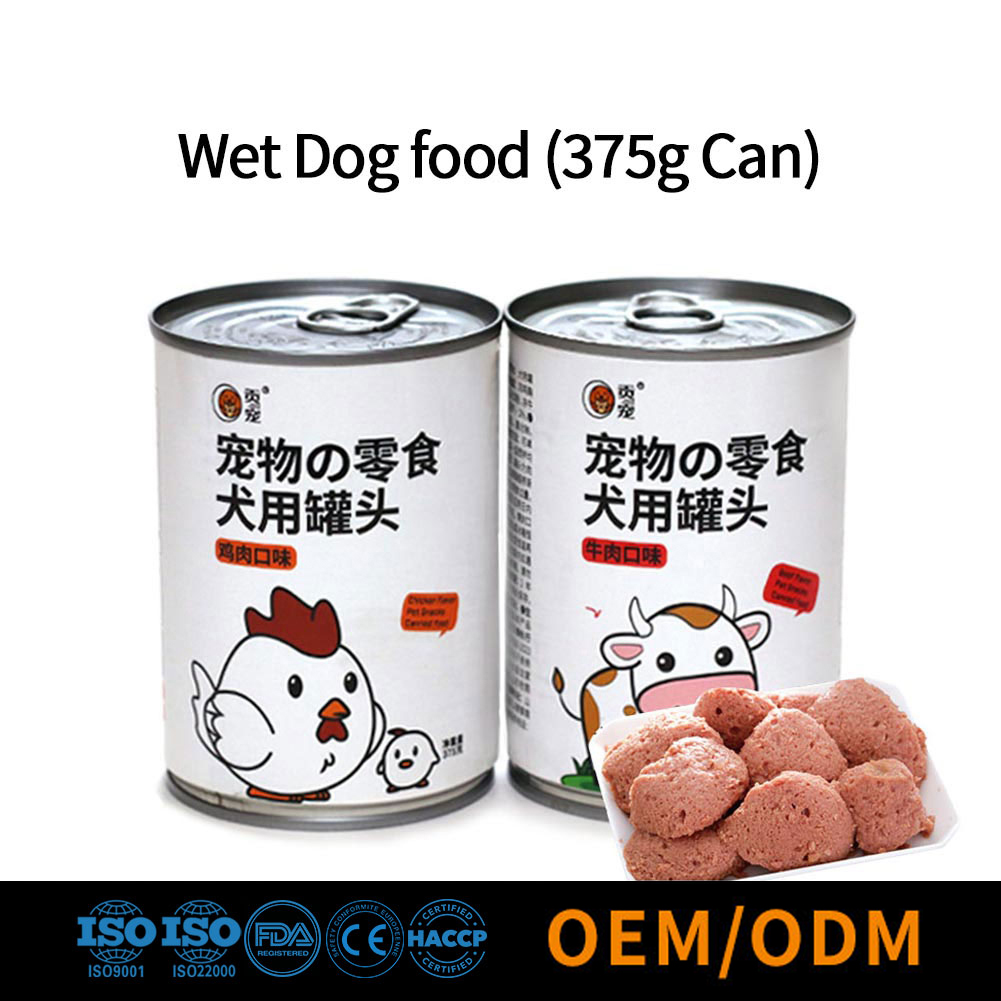新闻资讯
Dog microbiome boosted by higher dietary fiber

Dietary fiber not only helps dogs’ health but also benefits the microorganisms living within those pets’ guts. The role dietary fiber plays for microorganisms dwelling within dogs’ guts has been a growing area of study. Scientists conducted an experiment to determine how dog foods formulated with dietary fibers influence the animals’ gut microbiomes, the community of bacteria and other microbes living in the intestines.
“Consumption of dietary fiber changes the composition of the gut microbiome and, to a larger extent, the associated metabolites. Production of health-relevant metabolites such as short-chain fatty acids from fiber depends both on the consumption of a specific fiber and on the enrichment of beneficial metabolite-producing species in response to it,” the research team wrote in the journal mSystems. “Even in a seemingly homogeneous population, the benefit received from fiber consumption is personalized and emphasizes specific fiber-microbe-host interactions.”
Dietary fiber promotes gut health by enhancing beneficial gut microbes’ activity. In their experiment, scientists explored how specific fiber types interact with the microbiome. The researchers investigated how varying fiber types and levels (5–13%) in 12 dog food formulations affected the gut microbiome and metabolome of 18 healthy adult dogs. The dogs, a mix of beagles and other breeds, consumed each diet for seven days.
Foods were grouped based on starch and fiber content:
- high starch, low fiber (HSLF),
- medium starch, medium fiber (MSMF), and
- low starch, high fiber (LSHF).
Samples collected at the end of each period underwent analysis to determine the impact of dietary fiber on gut health.
While dogs involved in this research lived in similar conditions and were less variable genetically than the overall pet dog populations, microbiome responses to dietary fiber still varied by animal. That variability in microbial community composition influenced metabolite production and, in turn, influenced the effects of dietary fiber on dogs' health.
Fiber-specific benefits to dog gut microbiome and new product potential
Fourteen microbial species showed significant enrichment in response to at least one specific fiber source. Fiber intake level also affected the abundance of metabolites such as short-chain fatty acids (SCFAs), polyphenols, and acylglycerols, which are essential for gut health. Insoluble fibers found in LSHF diets were associated with beneficial microbes like Bacteroides and Prevotella species. These microbes play a role in breaking down complex plant polysaccharides and producing SCFAs such as butyrate and propionate, which maintain intestinal health.
From a One Health perspective, the study's findings aligned with research on humans. Dietary fiber’s benefits may depend on specific fiber-microbe interactions, regardless of species. This suggests that dogs can serve as research models for human gut microbiomes and vice versa.
However, every dog has its own gut microbiome community. As much as research can be generalized among species, generalizing within species may still prove inexact. Individual dogs’ responses observed in the study suggest that a one-size-fits-all approach to dietary fiber intake may not optimize gut health for every dog. For pet food manufacturers, there may be potential for formulating customized nutritional blends that cater to individual dog’s specific gut microbiomes.
Genetic analysis of dogs’ microbiomes may allow the development of bespoke dietary fiber formulations. However, the researchers noted that further research still needs to establish how environmental factors, genetic predispositions and baseline microbiome compositions influence how microbes react to various fibers in dogs’ diets. Dietary fiber interacts in complex ways with the dog microbiome, opening up both new avenues of research and potential for new product development.
其他产品



